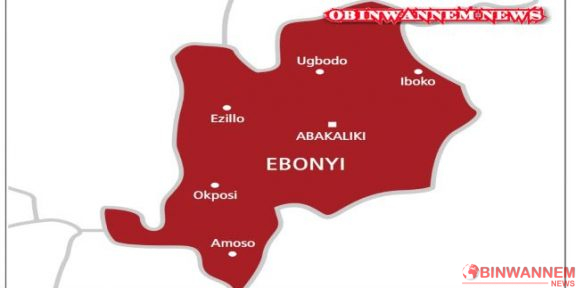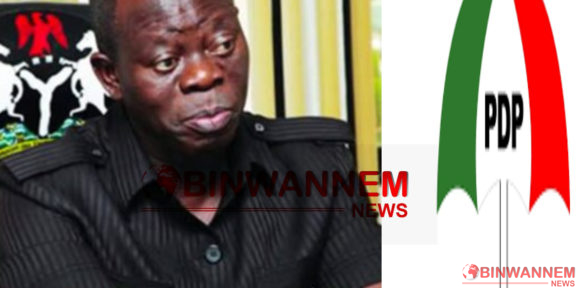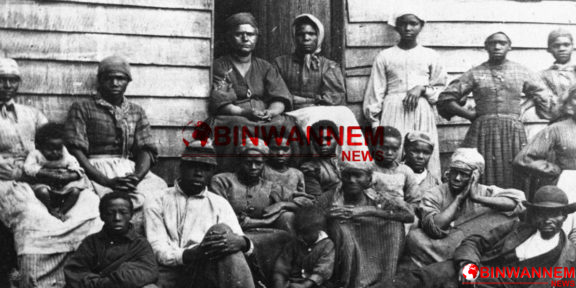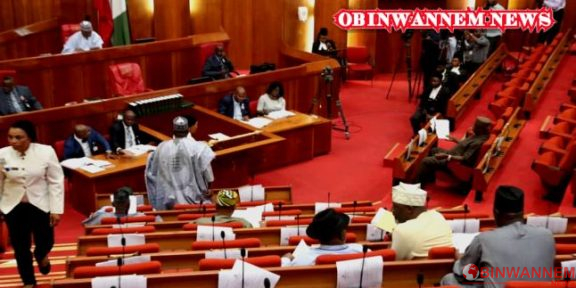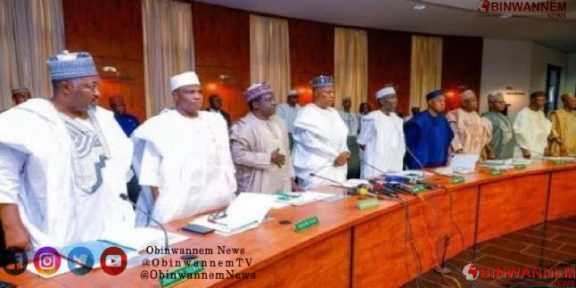The Central Bank of Nigeria (CBN) has recently come forward with an explanation for its decision to lift the foreign exchange restrictions on 43 items that were previously excluded from accessing foreign exchange from the official market. This decision has significant implications for the Nigerian economy and has sparked discussions on its potential consequences.
The apex bank’s action, announced through a circular last Thursday, effectively reversed the foreign exchange restrictions originally imposed by the former CBN Governor, Godwin Emefiele, in 2015. Emefiele’s decision to blacklist 41 items and later expand the list to 43 was aimed at reducing foreign exchange demand for products that could be locally produced, fostering employment generation, and conserving foreign reserves. However, it also led to importers sourcing foreign exchange from the black market, weakening the parallel-market exchange rate and pushing up prices.
Explaining the rationale behind lifting the ban, the CBN stated that it aims to ensure price stability and bolster liquidity in the Nigerian Foreign Exchange Market. The central bank expects that as liquidity improves, distortions in the market will moderate.
Furthermore, the CBN aims to promote orderliness and professional conduct among all participants in the Nigerian Foreign Exchange Market. The goal is to allow market forces to determine exchange rates based on a “Willing Buyer – Willing Seller” principle. The CBN envisions a unified market for FOREX with flexible and transparent pricing.
The CBN’s explanation highlights that implementing this policy will enable monetary policy tools to become more effective within a unified, well-functioning foreign exchange market. This market will be based on a willing-buyer and willing-seller system, which will align with the CBN’s core functions and mandates.
The CBN’s decision to adopt the willing-buyer and willing-seller system is intended to allow the exchange rate to adjust naturally to clear the market and maintain a consistent supply. It addresses concerns regarding the widening premium between the official exchange rate and the parallel market rate, indicating that the rate hasn’t been setting a clearing price.
Importers of the restricted products had previously relied on the parallel market for foreign exchange, which added demand pressure on that market and led to a widening gap with the official rate, effectively segmenting the foreign exchange market. By removing these restrictions, the CBN aims to reduce the need for importers of these products to turn to the parallel market, thus alleviating pressure on the naira.
It is worth noting that the CBN’s previous FX restrictions had implications for inflation, contributing to price increases for the affected goods.
However, the CBN’s decision to lift the ban has not been without its critics. Paul Alaje, Senior Partner and Economist at SPM Professionals expressed concerns about the decision, particularly regarding the adequacy of foreign exchange reserves and its potential impact on the value of the naira. He suggested that the CBN should reconsider its decision to stimulate demand and evaluate the long-term consequences of the policy.
The CBN’s explanation for lifting the foreign exchange restrictions underscores its commitment to fostering a more stable and unified foreign exchange market in Nigeria, aiming to address issues related to price stability, liquidity, and market efficiency. However, the debate over the potential impact of this policy change is likely to continue among economists, policymakers, and stakeholders.












